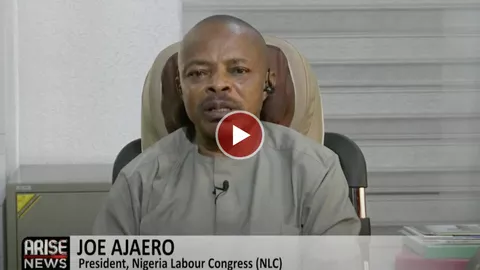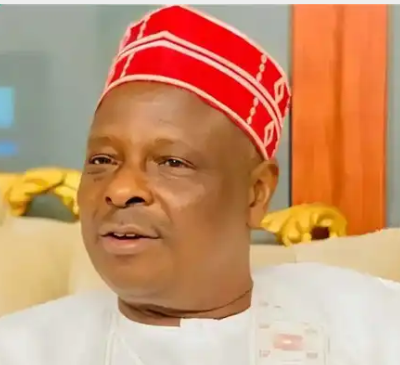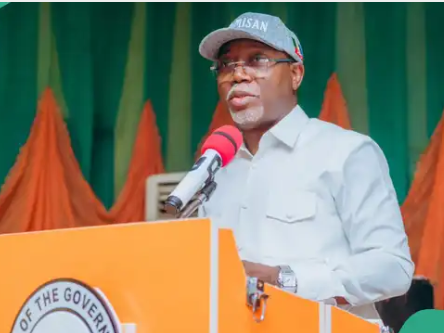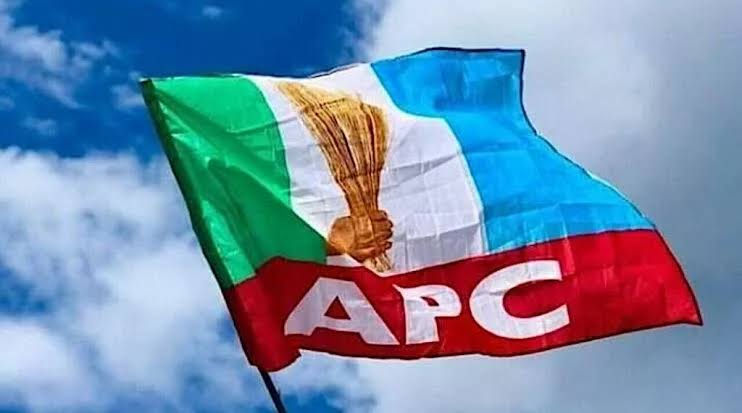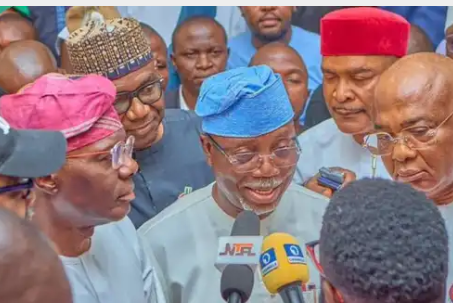Following the recent hike in the pump prices of Premium Motor Spirit (PMS) by the Nigerian National Petroleum company Limited (NNPCL), the Trade Union Congress (TUC) has asked the federal government to facilitate a reduction in the petrol pricing regime.
Retail stations of NNPC raised the price of petrol to 1,030 naira from 897 naira per litre in Abuja and in Lagos, it was hiked to 998 naira per litre from 868 naira per litre. Other locations witnessed similar price hikes, a development that triggered anger among Nigerians. The TUC president, Festus Osifo has therefore submitted that the government’s intervention in the cost of production will eventually crash the product’s price.
The president of the Nigeria Labour Congress (NLC), Joe Ajaero also condemned this recent fuel increase and accused the government of not doing anything about Compressed Natural Gas (CNG), which is believed to be a cheaper alternative to petrol. However, many accused Ajaero of being too soft on the matter, with some even expecting Labour to go on strike and defend the interest of Nigerians.
Ajaero, however, clarified during an interview with ARISE NEWS on Friday that such a course of action would not be possible as no NLC president has the power to unilaterally call for a strike without going through the proper procedures, which involve convening meetings with the Central Working Committee (CWC) or the National Executive Council (NEC).
He said, “Now, the issue. You said I didn’t announce that NLC will go on strike. Every organisation has their modus operandi, and the NLC president at no time will have rights or powers to say there would be strike tomorrow. We have our own initial and administrative process of conveying a meeting at the nearest possible time where a decision on the next line of action will be taken. No NLC president will come out and say we are going to start strike tomorrow or next tomorrow, without the organs meeting. In most instances, either the CWC or the NEC and we are following that process. By next week, we should be able to meet and have conversations around this.”...Read Full Article [Click Here>]
The NLC president also addressed concerns about the impact of rising fuel prices on the agreed minimum wage of ₦70,000, which was negotiated when petrol prices were around ₦700 per litre. He warned that any further increases in fuel prices would undermine the agreed wage, stating, “If we agreed on a minimum wage when petroleum was being sold at 700 (naira), and before it’s implemented, it is now 1000 something, it is a question of having two logs of wood on the ground. You have to remove the one on top before the one next to it. You say that this new distraction or this new imposition will affect the minimum wage if it must be 70,000 (naira) and that is the course of action we are about taking.”
Speaking on his initial comments about the issue of CNG, Ajaero explained that the first conversation between the government and the NLC on CNG began in June 2023, shortly after the fuel subsidy was removed. At that time, both parties agreed that CNG would be a viable alternative to PMS, and the labour movement was ready to collaborate with experts to convert nearly 3 million vehicles to CNG within three months. However, the process was derailed when the government proposed a significantly higher conversion cost—around ₦800,000 compared to the ₦300,000 suggested by the experts.
While the government has since procured some CNG vehicles, including 14 buses delivered to the NLC, Ajaero pointed out that there is still a lack of refuelling stations.
“I said that when a vehicle is supposed to use CNG and there is no station to fill it, that vehicle is as good as a carton and I stand by it. So is it getting CNG vehicles? Even before they procured those CNG vehicles, many stations would have been able to refill the vehicles as they are coming in.”

